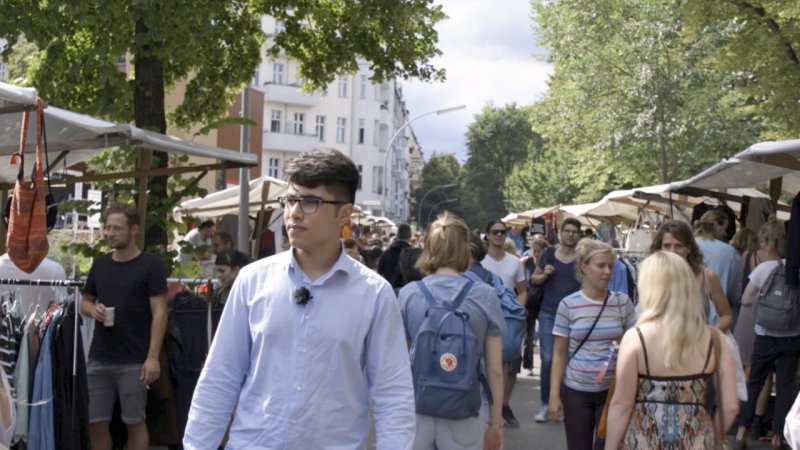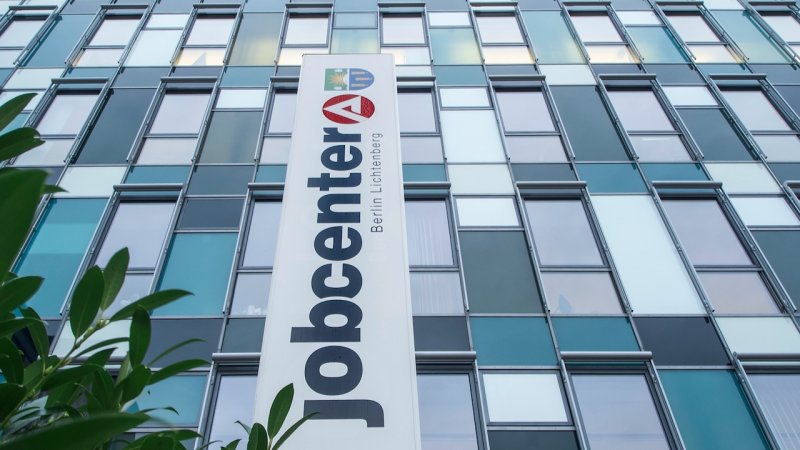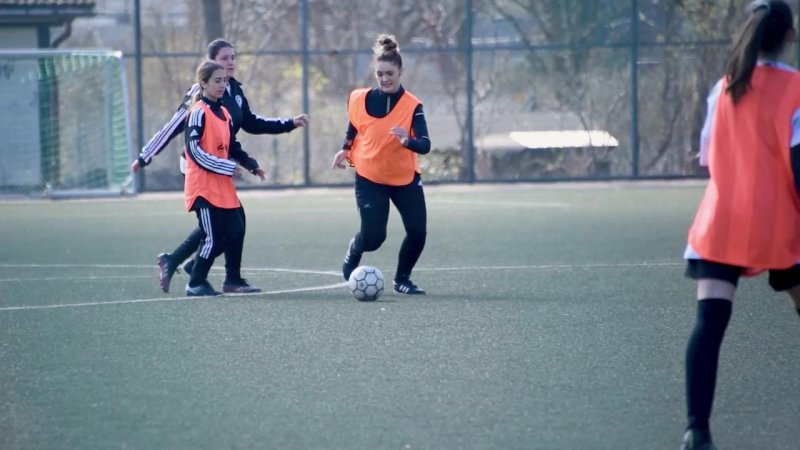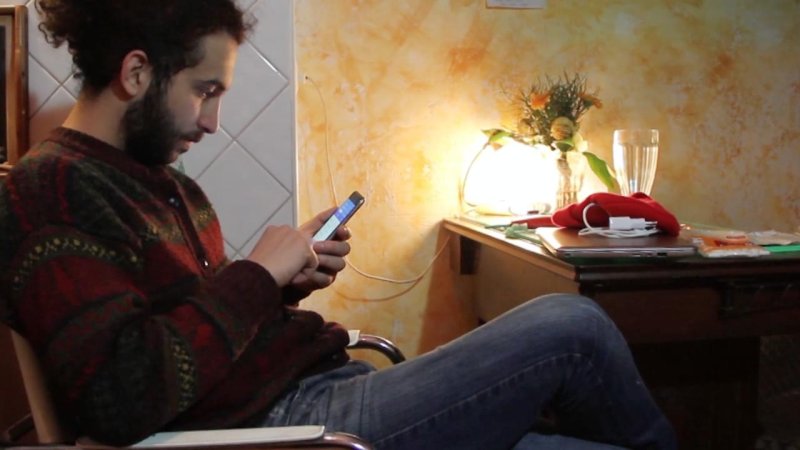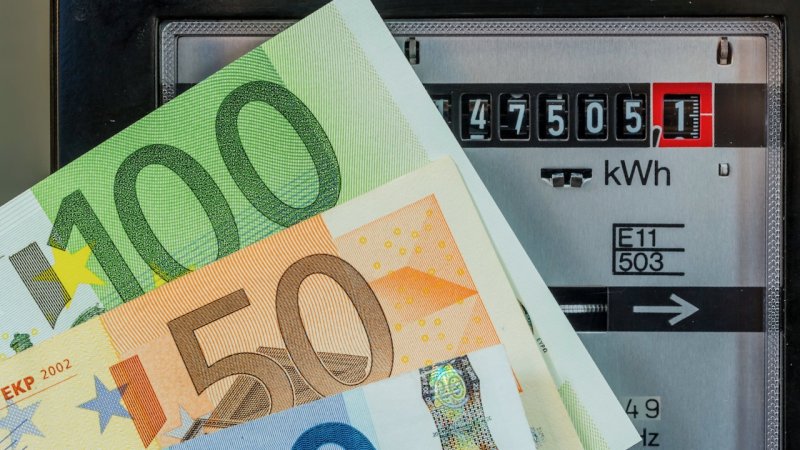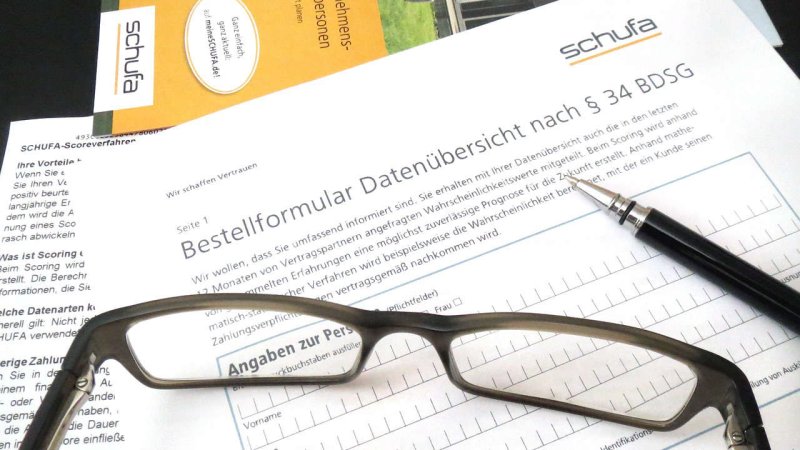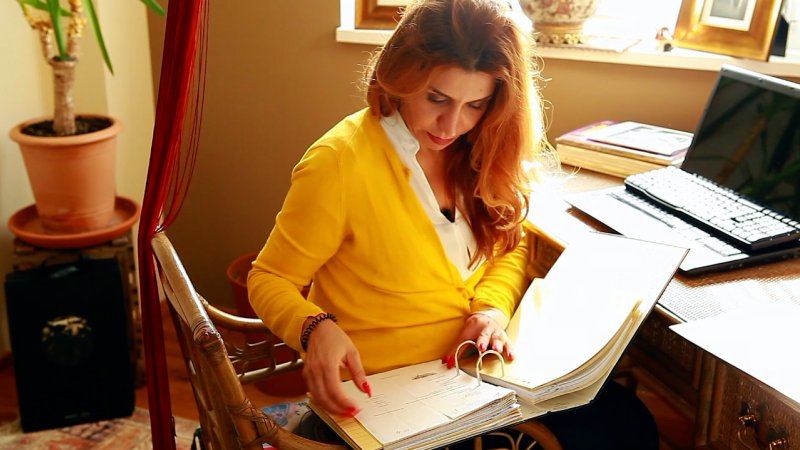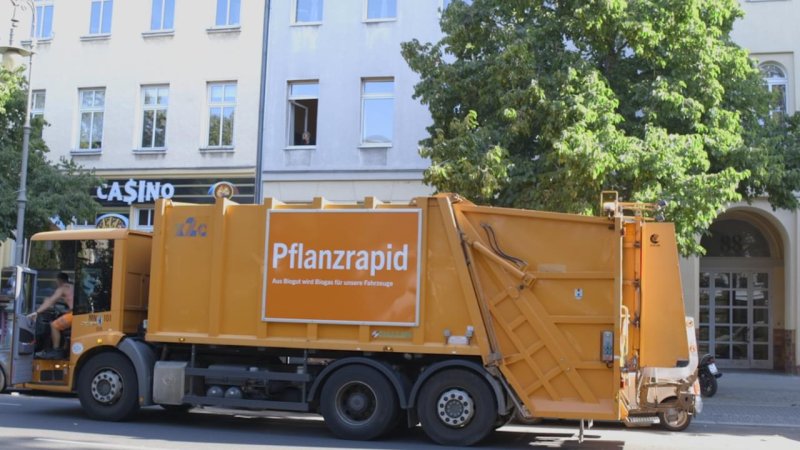Bank Account
Be it for paying the bills and rent or receiving your wages or financial support from the state – you need a bank account for your everyday life as large transactions occur via banks in Germany. A bank account allows you to keep your money at the bank, send and receive money and withdraw cash. With a bank account, you don't have to use cash to pay bills or rent; you can transfer money via bank.
In this chapter, you will learn how to open a basic account and what options you have when it comes to banking. A basic account is a current account that offers the essential functions of a bank account, for example, withdrawing and depositing cash, making transfers or paying without money.
Emergencies
Emergencies can happen anywhere, anytime. An emergency is any situation in which people, animals or property are in danger. But who should one call in an emergency? Who can help? Here you can find out who to contact in which emergency. Employees of all emergency call centres speak German. In some cases, you can also ask for help in English or other languages, but there is no guarantee. If you don't speak any German yourself, seek help from a German-speaking person who can call the emergency centre for you.
Employees of the emergency call centres must know the following:
- Where is the emergency?
- What happened?
- How many are injured?
- What are the injuries?
- Who is reporting the emergency?
Flea Markets in Germany
Many things such as household goods, branded clothing, jewellery or smaller furniture are quite expensive in many stores. But you can also buy all of these things second-hand on a so-called "flea market" ("Flohmarkt" or "Trödelmarkt") or online shops such as eBay. A flea market is a market where individuals can sell things that they no longer need. Where the word "flea market" comes from is unclear. It may be a direct translation from French. If you have things you no longer need, you can also sell them at a flea market or online to get rid of the clutter and earn some extra money.
Initial Orientation Course ("Erstorientierungskurs")
Starting up a new life in a new country is never easy. Not only do you have to learn the language, but you also have to find your way around in everyday life. Refugees, in particular, face many difficulties because they have not been able to prepare themselves for life in the new country. That is why in Germany, the so-called "Initial Orientation Courses" ("Erstorientierungskurse") are organised. In an initial orientation course, you can learn your first words and sentences in German and will receive essential information about life in Germany. For example, you will learn how to call an ambulance in an emergency or can familiarise yourself with customs and traditions in Germany.
Important: Many refugees can start an Integration Course ("Integrationskurs") straight away. You can find out more about these courses in our "Integration courses" chapter. "Erstorientierungskurse" is for refugees who cannot participate directly in Integration courses.
Jobcenter
The Jobcenter can provide you support if you live in Germany and do not have enough money to care for yourself and your family. Under certain conditions, the Jobcenter helps people who have never worked in Germany, those who have been unemployed for more than a year and individuals who earn little despite working. If you are in one of these groups, you can seek financial support for yourself and your family from the Jobcenter. Such support is called „Citizen’s Allowance“ or„Bürgergeld”. It is the successor of the "Arbeitslosengeld II", which was also known as "Hartz IV". The Jobcenter staff will also help you look for a job. Jobcenter can also take over the costs for German courses or further training programmes if it can help you find a job.
Joining A Sports Club
Whether you are into basketball, prefer to dance or like to go swimming - you have various options when it comes to working out. And one of them is to join a sports club. You can practice your favourite sport with other people who enjoy it in a sports club. Or maybe try a new sport. You will find a sports club in almost every town and county in Germany.
Legal Aid
Anyone may need to seek their rights at court or have to defend himself/herself against a charge at some point. However, litigation fees are quite high: if you lose, you have to pay your lawyer and court costs. In Germany, Legal aid ("Prozesskostenhilfe") has been established so that people with low income can also demand/defend their rights. "Prozzesskostenhilfe" is a government aid for people with limited income, i.e. the state assumes the costs of the lawyer and the court for certain legal proceedings to make sure no one is prevented from pursuing their rights in court because of substantial expenses.
Mobile Phone Contracts
Nowadays, we are all so dependent on our cell phones that living without them seems impossible. Our phones are no longer used only to make calls and send messages - they function as our memory storage, photo archive, and in short, our connection to the world. But when it comes to choosing a service provider, keep your eyes open: the mobile communication market is quite huge in Germany- and there are numerous providers who offer various contracts and cost ranges. On this page, you will learn about available options and find helpful tips on how to avoid high-priced bills or cancel a contract with which you are not happy.
Mother tongue
Speaking German makes your life in Germany much easier and is an important step towards the job market. Learning German, however, doesn’t mean you should unlearn your own language. Especially children adapt very quickly and could forget the language of their parents. In our globalised world, language skills are a big advantage, which is why it is important to promote them. Here you can find some helpful information about multilingual schools and language courses.
Pets
Dogs, cats, budgerigars, fish, mice... - there are countless animals people like to keep as pets. A pet can bring much joy, but also requires care and responsibility. In this chapter, you can learn about the most important regulations and general issues concerning pets.
Police in Germany
The primary task of the police is to protect us from dangers and to fight crimes. That is why the police's motto in Germany is "The police, your friend and helper". The police in Germany has nothing to do with the intelligence agency or politics. When in an emergency, you can reach the police at any time by dialling the free helpline number 110.
What the police can and cannot do is specified in the German law. For example, to search an apartment, police officers need the permission of a judge - unless a person in the apartment is in great danger and needs rescue.
Please note: Do not try to bribe the police. Any attempt to bribe the police is severely punished in Germany.
Saving Opportunities in Everyday Life
Food, electricity, heating and more – Everything is becoming much more expensive, but you can also use some tips and tricks to save money. In this chapter, you will learn how to save electricity in your everyday life, keep your living space warm while avoiding large bills, and where you can find cheap groceries, clothing and furniture.
Schufa
While renting an apartment, your landlord will most probably ask for a Schufa statement. If you ask Banks for a loan, they will make a Schufa inquiry before they decide your request. Even if you buy a cell phone or lease a car, your contract usually includes a Schufa-related clause.
All this has to do with a company called "Schufa Holding AG". Schufa Holding AG is a credit investigation company which collects information from consumers and companies involved in the lending process. Schufa Holding will review your past payment history, and forecasts your payment behaviour in the future in the form of figures ("Schufa score"). This process is called credit rating.
Schufa Holding AG demands money for the credit report. However, according to German law, you are entitled to receive a free Schufa report once a year. Doing so will help you check what information is stored, where it came from, and to whom it was forwarded. We have created an animation video to show you how to get a free Schufa in a few steps.
Important: Some loan sharks may offer you money without a Schufa inquiry in newspaper ads or on the Internet. Do not fall for it! A majority of these offers are fraudulent.
Social Mentoring in Germany
When you are new in Germany, suddenly, everything might seem foreign and disorientating. Wondering how you should navigate your new life? There are many counselling centres supported by various organisations that offer you help, for instance, to do your paperwork or solve legal issues. That is great support, but nothing can replace personal connections. To have someone who accompanies you over a longer period of time and supports you with everyday questions and appointments is much better. A person with whom you can also talk and spend your free time; someone who might even make you feel like a friend and family. But where do you find such a person? Social mentoring programmes are a great option to try. These programmes are voluntary and provide their service free of charge.
Good to know: Even if you have been in Germany for a long time, you can benefit from the many advantages of mentoring programmes to seek support or pass on your knowledge about life in Germany to those seeking support.
Supplementary Insurances
In addition to the five compulsory social insurance schemes (medical, long-term care, pension, accident and unemployment insurance), there are other types of insurance one can apply for in Germany. These are optional, even though the word "compulsory" ("Pflicht") may sometimes appear in their titles, e.g. in the "liability insurance" ("Haftpflichtversicherung"). Most of these optional insurances protect you against financial risks. Depending on the life situation you are in, some of them may be useful.
Unpaid Bills
Each of us receives bills almost every day - for instance, from a handyman who has repaired something in our flat or a shop where we bought something online. If we forget to pay these bills, further letters with payment reminders and Warnings will follow. Or we may receive letters from a collection company ("Inkassounternehmen") which warns us about possible legal proceedings, the seizure of our wages or a bad Schufa credit entry. Here you can find out more about the workings of these collection companies and the best approach when you receive a letter from them.
Waste Separation and Recycling in Germany
Waste separation means that different types of waste are collected and recycled separately. In Germany, waste separation starts with the consumer, i.e. households must sort their waste and put it in separate bins and containers.
A large part of the waste generated in Germany is reused and composted, which saves resources and protects the nature. Germany is even set to become the world champion of waste separation. However, the recycling industry and the combustion manufacturers benefit from the waste and also compete in their businesses. That is why there are people who doubt the purpose of the waste separation. To avoid creating waste is, therefore, still the easiest way to prevent the rise of waste piles.
If you fail to dispose of the waste in the right container, the employees or sorting personnel at the recycling facilities have to re-sort the waste. If we all separate waste properly, this extra effort can be avoided, the costs will decrease, and the environment benefits.


